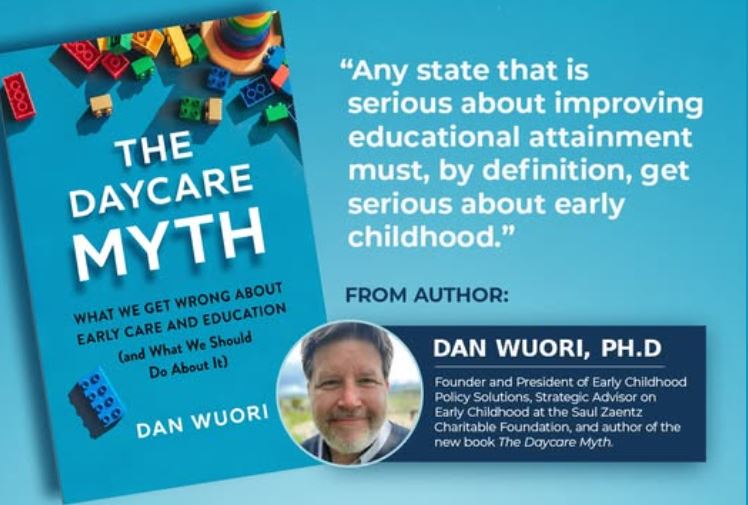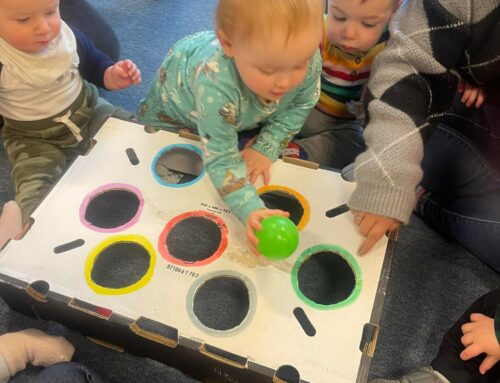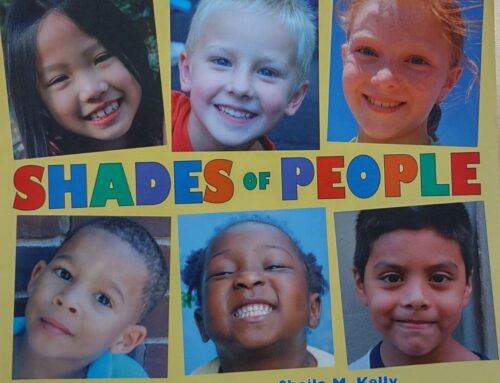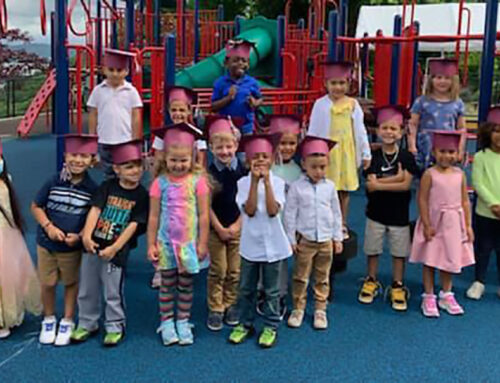
Book Review: The Daycare Myth
Review by Shawn Cribani Director Of Development
Blog Post: January 2025
Review: The Daycare Myth
Dan Wuori has become a popular presence on social media. He posts videos of
adorable infants and toddlers accompanied by his comments explaining the
developmental tasks the children are engaged in.
Wuori is a former kindergarten teacher, school administrator, and state agency
administrator. He has now consolidated his knowledge of early childhood
education, the child care industry, and public policy into a truly unique book:
The Daycare Myth: What We Get Wrong About Early Care and Education
(and What We Should Do About It).
There is no such thing as daycare.
Wuori says the “Daycare Myth” is that there is no such thing as daycare.
American early childhood policy has been premised on the myth that birth to
age four requires custodial care. Current science tells us that whatever
environment an infant, toddler, or preschooler spends their days in, it is – in
fact – an educational environment.
If it is an environment with nurturing adults who engage with the child and
provide stimulating activities, then it’s a good educational setting. If it is a
strictly custodial environment where several children are with one caregiver
who keeps them in a playpen and/or plops them in front of a TV for hours – it
is also an educational environment – a terrible educational environment.
Children raised in those kinds of conditions are deprived of the essential
stimulation their brains need for optimal development.
From birth to age four, brains are still under construction – the nurturing and
stimulation those young brains receive (or don’t receive) will determine their
lifetime cognitive capacity. Child care teachers are charged with the most
important educational work in our society – building the brains of the next
generation. A study of brain scans that tracked preschoolers through their teen
years showed that the development of the cortex in late teens was closely
correlated with a child’s cognitive stimulation before the age of five.
Child care teachers are woefully underpaid.
Being a teacher of infants, toddlers or preschoolers requires a body of
knowledge about early childhood development and a plethora of practical
skills to meet the unique developmental needs of each child. Yet, most child
care teachers are paid less than fast food workers. This is because we don’t see
early care and education as a public good – as we see K-12 education. The
burden of funding the most important years of a child’s education is placed
almost entirely on parents.
Advice for parents, child care teachers, and policymakers.
What makes Wuori’s book unique is that he cleverly weaves together the
history of child care, the science of early childhood development, the
challenges faced by working parents, and the struggles of child care providers.
Each chapter has a section addressed to parents, one addressed to early
childhood professionals and one addressed to policy makers. He pulls all of
this together to make a compelling argument for an overhaul of public policy
regarding child care and making a significant public investment in early
childhood education.
The Case for Public Investment in Early Care and Education
Citing the work of Nobel Laureate Economist James Heckman, Wuori argues
that we’re already paying for our early care and education non-system in
remedial education, low high school graduation rates, high unemployment
rates, an underperforming economy, and long-term health problems (yes –
adults who were in good child care environments as infants and preschoolers
suffer fewer health problems than their peers).
This book is a must-read for people who care about the future of our country.
To purchase Wuori’s book through your local bookseller, click here: https://bit.ly/3CDTivV
To purchase Wuori’s book from Amazon, Click here: https://amzn.to/4jWayNY




